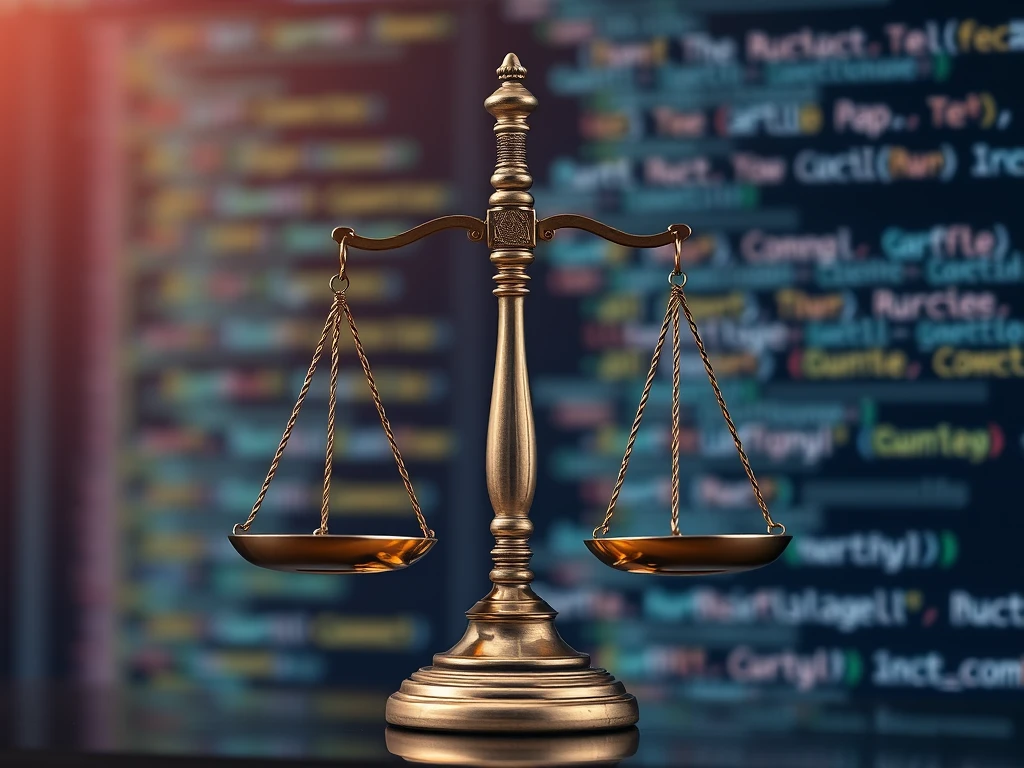Crucial Tornado Cash Trial: Roman Storm Faces Money Laundering Charges Despite DOJ Memo Trim

The legal battle surrounding cryptocurrency privacy tools continues. The high-profile trial of Tornado Cash co-founder Roman Storm is moving forward, although with a minor adjustment to the charges against him. This development comes on the heels of a recent Department of Justice (DOJ) memo that signaled a shift in the government’s approach to crypto enforcement, particularly concerning services like crypto mixers.
Roman Storm Trial Continues After DOJ Memo
Federal prosecutors are pressing ahead with their case against Roman Storm, a co-founder of the crypto mixer Tornado Cash. However, a small part of the indictment will be dropped. This decision follows an April 2025 memo from the Deputy Attorney General outlining changes to the DOJ’s crypto enforcement strategy.
Acting US Attorney Jay Clayton informed Judge Katherine Polk Failla on May 15 that the charges against Storm largely stand. He confirmed that the prosecution aligns with the spirit of the Deputy Attorney General’s memo.
Understanding the DOJ Crypto Enforcement Shift
The April memo, issued by Deputy Attorney General Todd Blanche, indicated a move away from “regulation by prosecution” in the crypto space. Specifically, it stated that the agency would not prosecute crypto mixers like Tornado Cash solely for the actions of their end users or for unwitting regulatory violations.
Despite this memo, the core allegations against Storm remain. The government is dropping one specific part of a conspiracy charge related to operating an unlicensed money transmitting business – the accusation that Storm failed to comply with registration requirements. However, the main thrust of this charge, alleging he transmitted funds knowing they were tied to criminal activity or intended for unlawful purposes, still stands.
Remaining Charges: Money Laundering and Sanctions Violations
Prosecutors will continue to pursue the most serious charges against Storm. These include:
- One count of money laundering conspiracy.
- One count of conspiracy to violate US sanctions.
The government alleges that Tornado Cash was used to launder over $1 billion in crypto, including funds for the Lazarus Group, a sanctioned North Korean hacking collective. The money laundering and sanctions conspiracy charges each carry a potential maximum sentence of 20 years in prison. The modified unlicensed money transmitter conspiracy charge carries a maximum of five years.
How Crypto Regulation Impacts Other Cases
The DOJ’s recent guidance on crypto regulation has already been cited by defendants in other crypto-related cases in attempts to get charges dismissed. Co-founders of the crypto mixer Samourai Wallet, Keonne Rodriguez and William Hill, referenced the memo in their bid to dismiss charges of conspiracy to operate an unlicensed money transmitter and money laundering conspiracy.
Braden John Karony, CEO of SafeMoon, has also cited the Blanche memo in his defense against charges including securities fraud, wire fraud, and money laundering conspiracy. These instances highlight the significant impact the DOJ’s stance on DOJ crypto enforcement and money laundering allegations has across the industry.
What Happens Next for Roman Storm?
Roman Storm has pleaded not guilty to all charges. His trial is scheduled to begin on July 14. The other co-founder, Roman Semenov, remains at large and is reportedly in Russia.
Summary
The trial of Tornado Cash co-founder Roman Storm is set to proceed in July, albeit with a minor reduction in the charges related to unlicensed money transmission registration. While a recent DOJ crypto memo indicated a softer stance on prosecuting mixers for user actions, the government is still pursuing serious charges of money laundering and sanctions violations. This case, along with others citing the memo, underscores the ongoing legal challenges and evolving landscape of crypto regulation in the United States.










